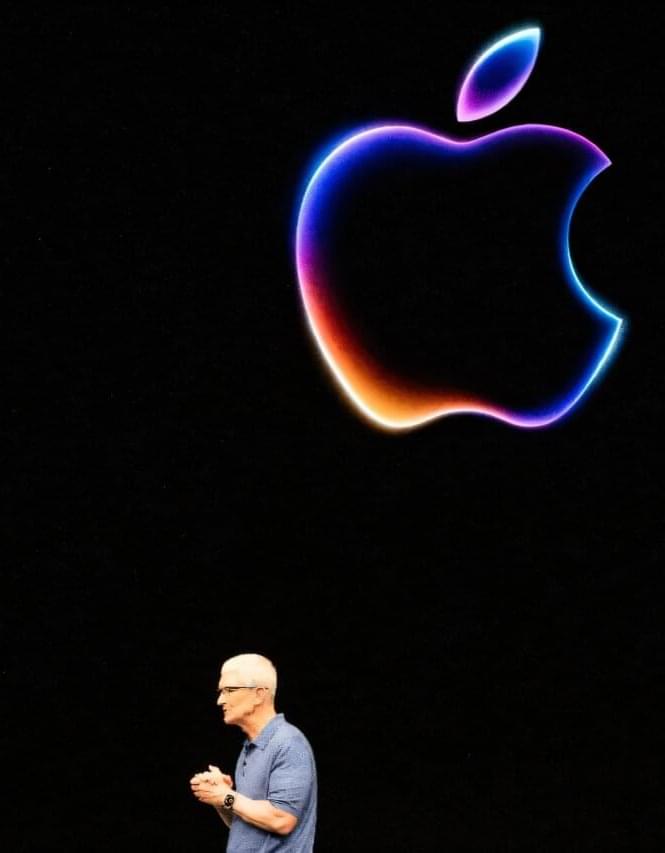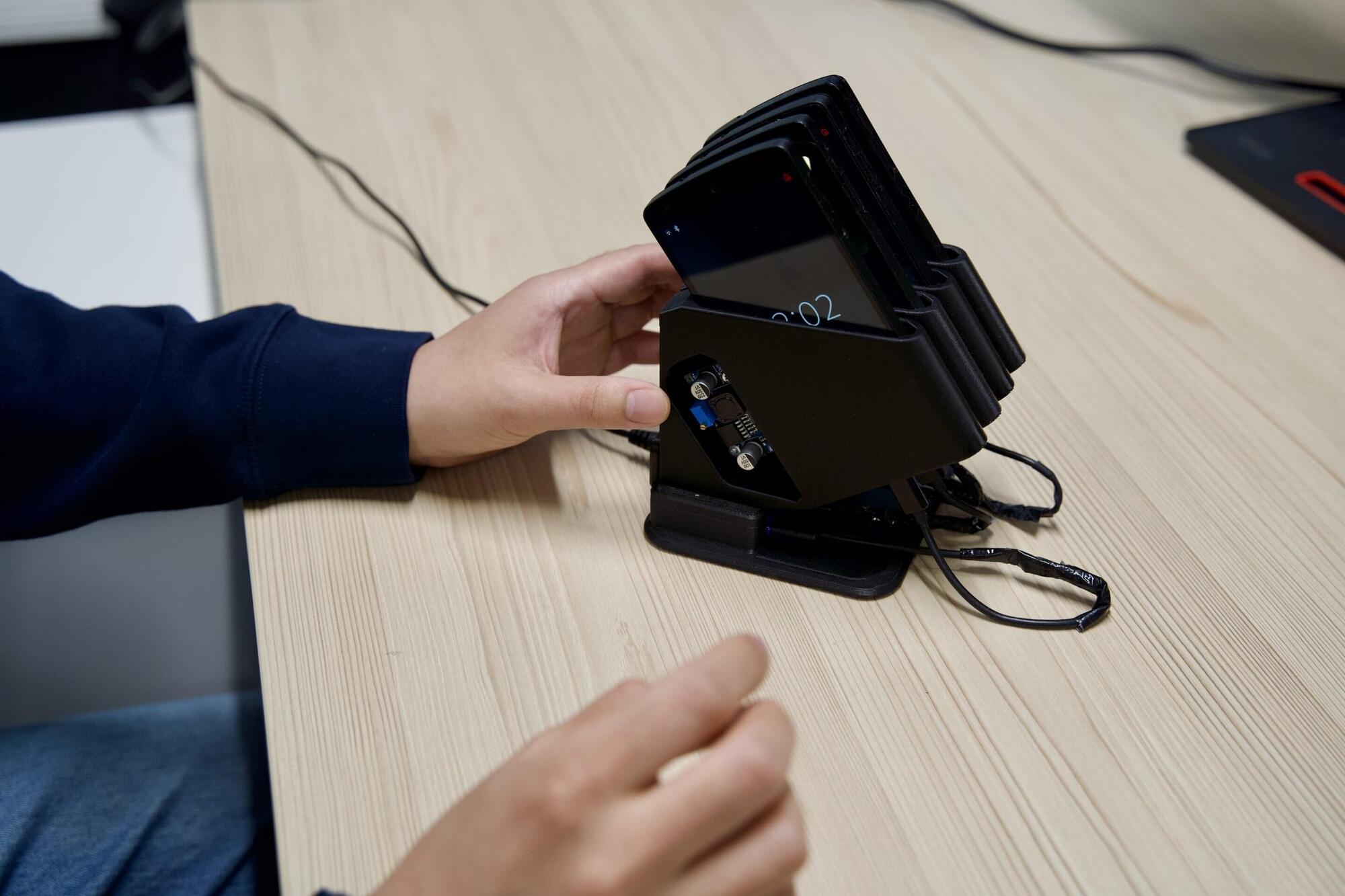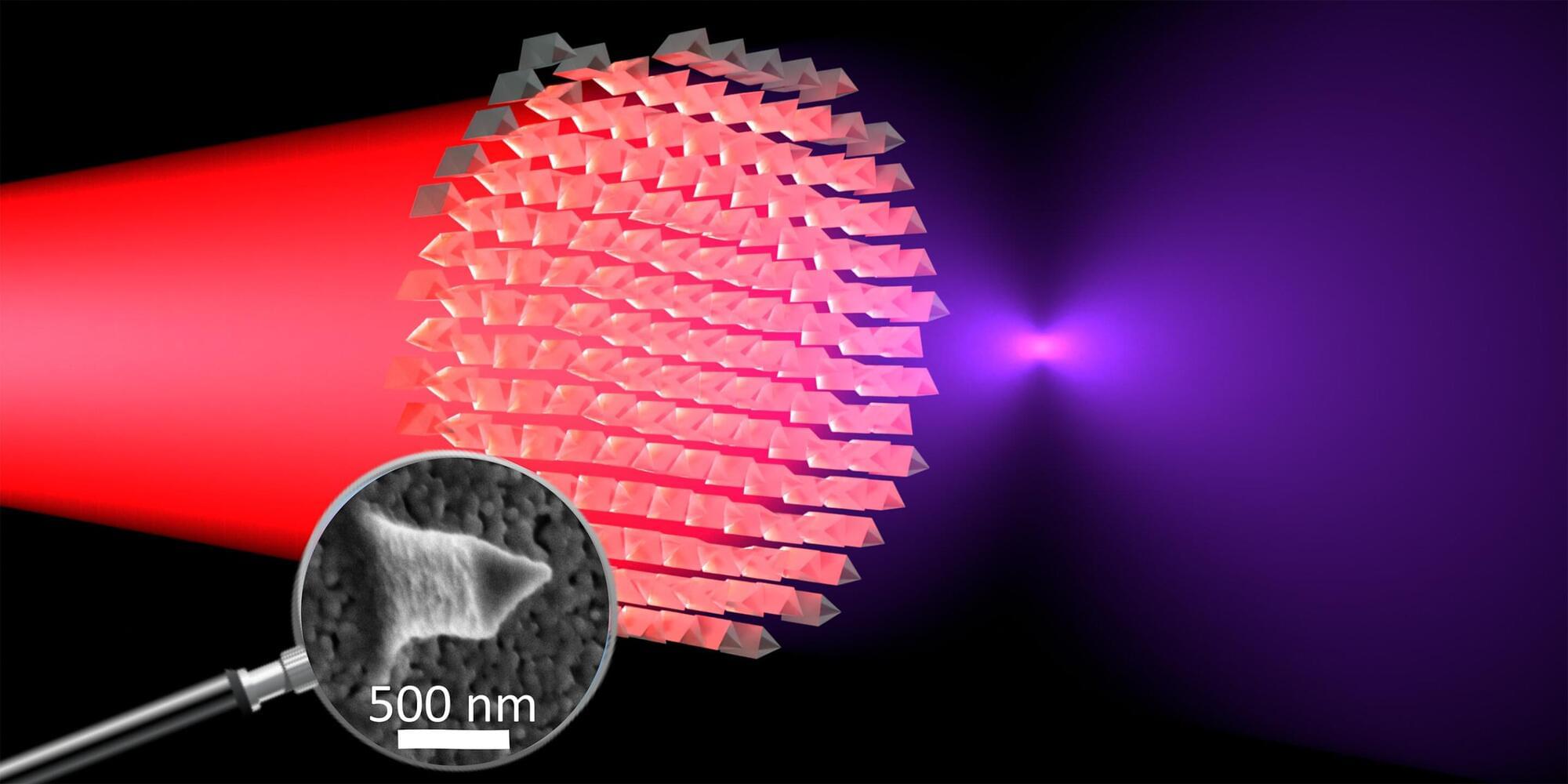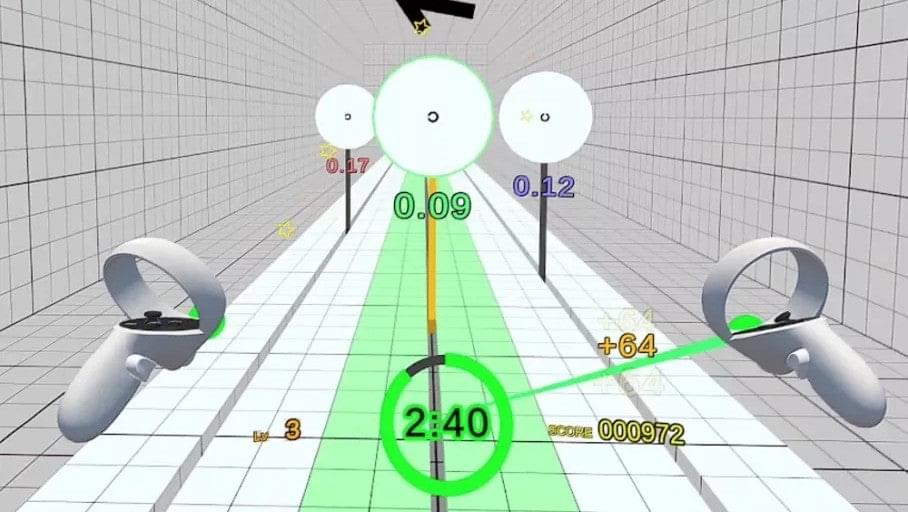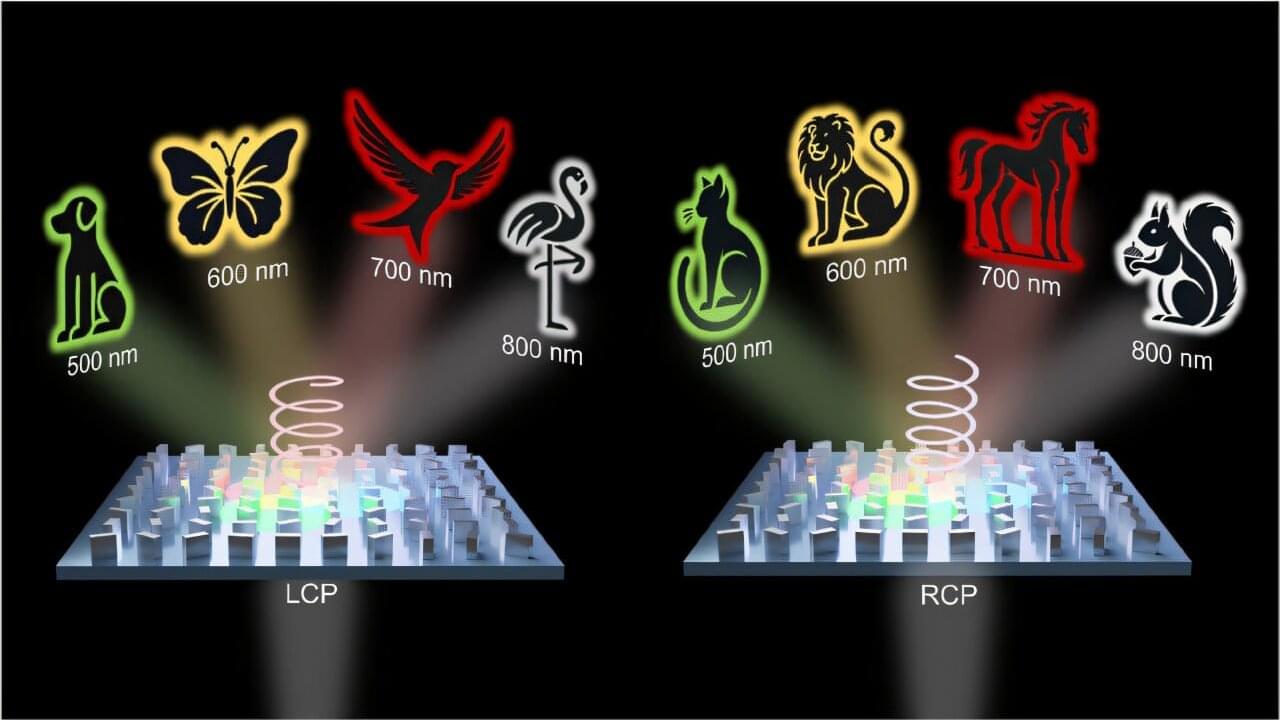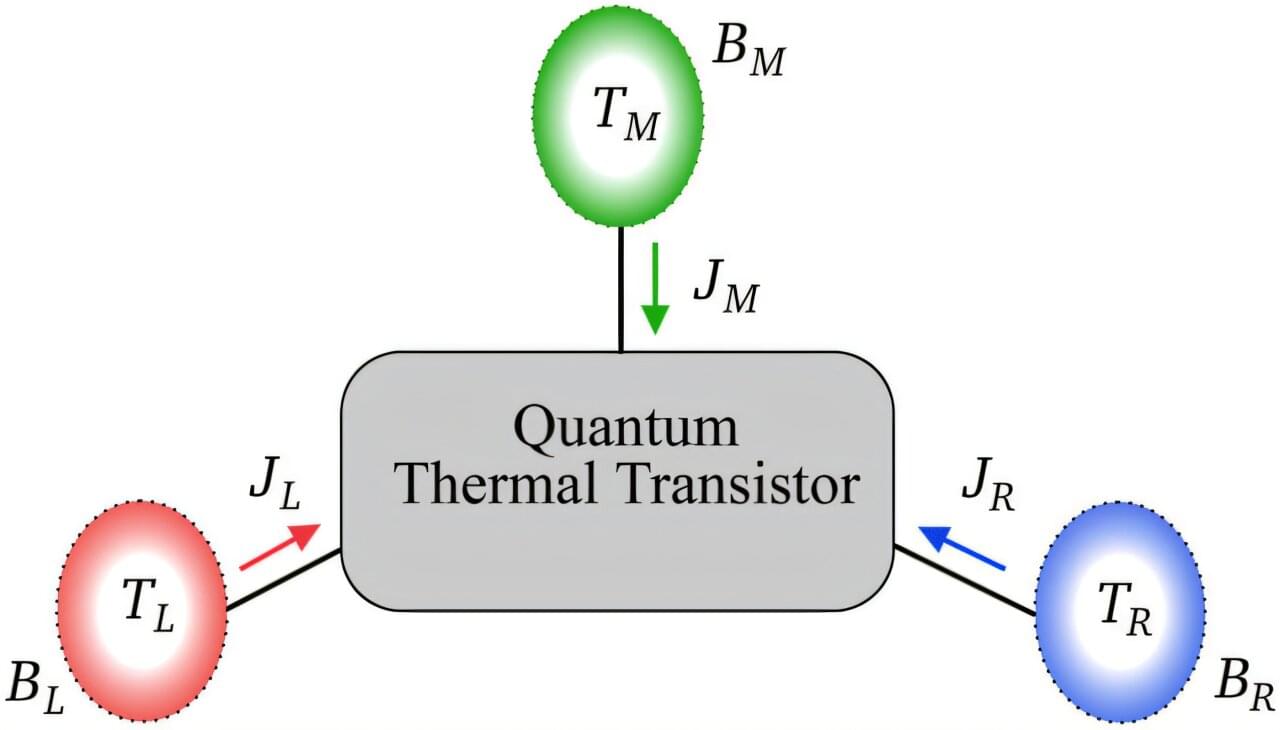With smartphones, game consoles and computers, it’s easy to rack up screen time these days. Of course, this isn’t great for your eyes, as anyone who has suffered an eyestrain hangover after spending hours gaming or doomscrolling knows. Staring at screens all the time tires out the ciliary muscles in your eyes that are responsible for focusing on objects, which can cause you to become near-sighted. However, the answer to improving your vision could be… more gaming?
In a recent study, researchers at Kwansei Gakuin University in Japan developed a VR game that aims to improve players’ eyesight. Although more research is needed, this game could potentially be used to help people with simple myopia (near-sightedness) bolster their vision.
It’s a relatively simple target shooting game developed in Unity for Meta Quest 2. The game features three lanes, each with a circular target on a stick. Pressing down the trigger button on the controller activates a virtual laser beam. Pointing this laser towards a lane highlights the lane and target and puts the player into “aim” mode. But to successfully hit the target, players have to move the controller’s stick in the direction indicated by the small Landolt C (a black ring shape with a gap used in Japanese eye tests) in the middle of the target.
